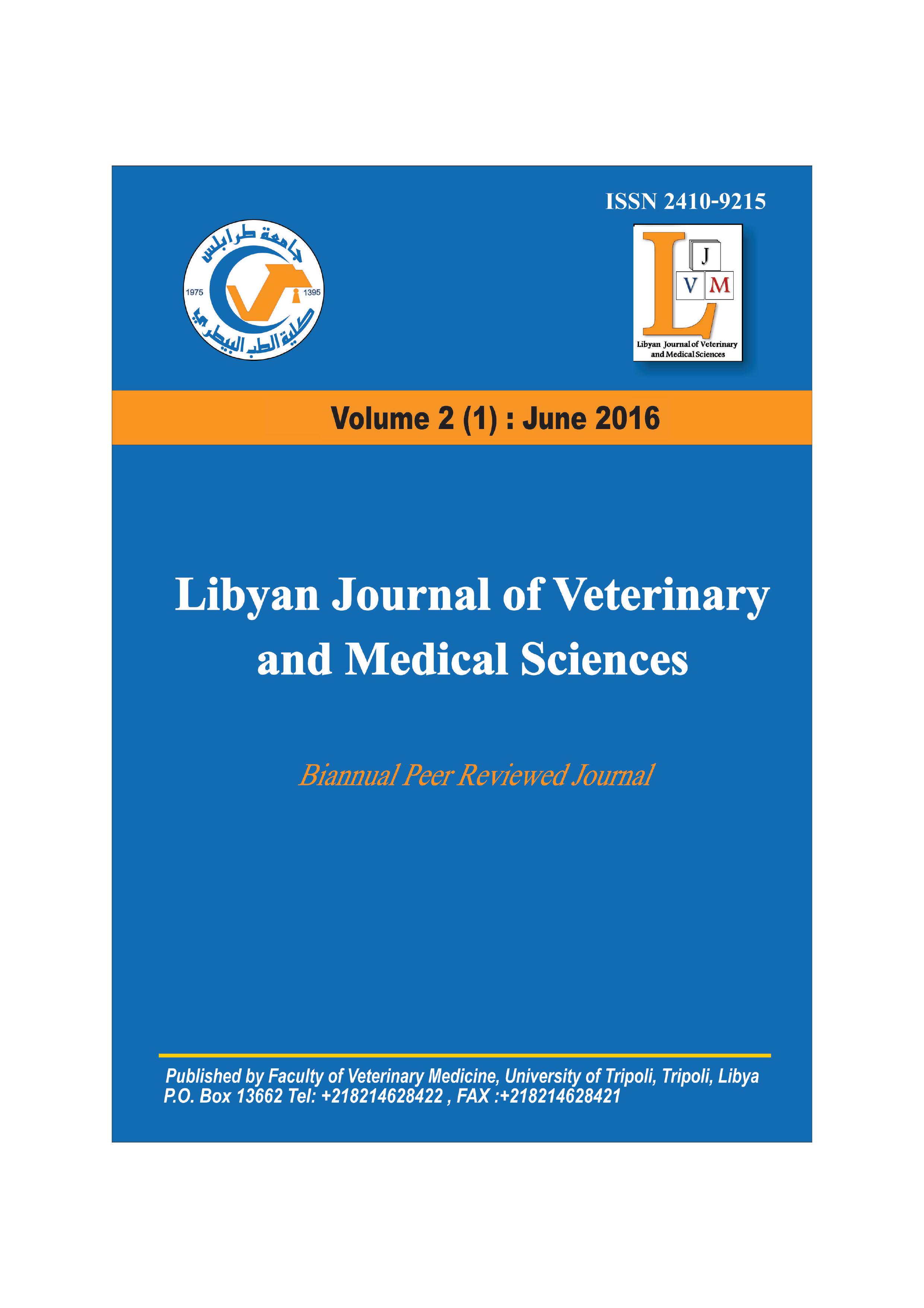Histone Deacetylase (HDAC) Inhibition Induces Growth Arrest and Apoptosis in Human Medulloblastoma Cells
Keywords:
Medulloblastomas; Epigenetics; Histone Deacetylases; Cell Proliferation; ApoptosisAbstract
Medulloblastoma is the most common brain tumor of childhood. Inhibitors of histone deacetylase (HDAC) are a promising new class of antineoplastic agents with the ability to induce apoptosis and growth arrest of cancer cells. This study was designed to investigate the anticancer efficacy of MI-192, a novel selective HDAC inhibitor, on the two human medulloblastoma cell lines, DAOY and SHS-Y5Y. Acute exposure to MI-192 was largely effective in suppressing cell expansion, proliferation, and subsequent induction of apoptosis in both DAOY and SHS-Y5Y cells in a time- and dose-dependent manner. SHS-Y5Y cells are more responsive to this compound than DAOY cells, which may be dependent on their original state of differentiation. At 24-hours of exposure, cell proliferation, but not cell expansion was significantly inhibited in both DAOY and SHS-Y5Y medulloblastoma cells. Washout experiments showed that MI-192 was most efficient with 50% of cell expansion and proliferation inhibition values after 48- and 72-hours ranging from 0.58 ± 0.09 μM in SHS-Y5Y cells to 0.83 ± 0.18 μM in DAOY cells. Our findings suggest that HDAC selective inhibitor MI-192 may provide a novel avenue to treat medulloblastoma as monotherapy.









